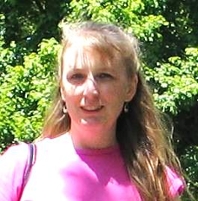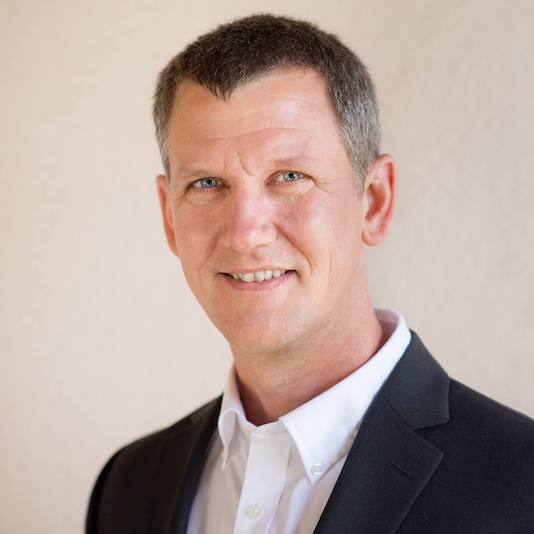

Music Theory
- Sep 25, 2022 - 7:00pmJennifer Mangan & David Newman (James Madison University)


- Sep 22, 2019 - 8:15pmChris Johnson (University of Wisconsin, Eau Claire)
In this session, we introduce Deltaphone, a browser-based blocks programming language for generating musical scores. Just as learners used Logo's turtle geometry to explore mathematical space in a relative way, learners use Deltaphone's interval-based motion to explore musical space. The emphasis on intervals means that certain computational and musical ideas can be investigated quite naturally in code. For example, musical structures can be more easily abstracted into functions and reused in a variety of musical contexts, and custom chords and progressions can be built.
Virtual Collaborations: Composing with Fermilab, Neutrinos and Liquid Argon Time Projection Chambers
Sep 25, 2022 - 5:30pmSuzie Shrubb (Fermilab)Panel Discussion: Working in Harmony
- Sep 25, 2022 - 6:30pmFilipe J. Zabala (UFRGS, Brazil)
We introduce 'voice' package, developed to be a free and easy-to-use set of tools to perform audio analysis in R. Three main approaches are presented: (i) extract_features, (ii) tag and (iii) poetry. Such approaches aim to (i) easily build data frames containing the main features from multiple audio files, (ii) attach summarized columns from audio files to canonical data and (iii) map the best spoken words in the best order. The open datasets (Mozilla) Common Voice and VoxForge are presented to illustrate the main functionalities of (i) and (ii).